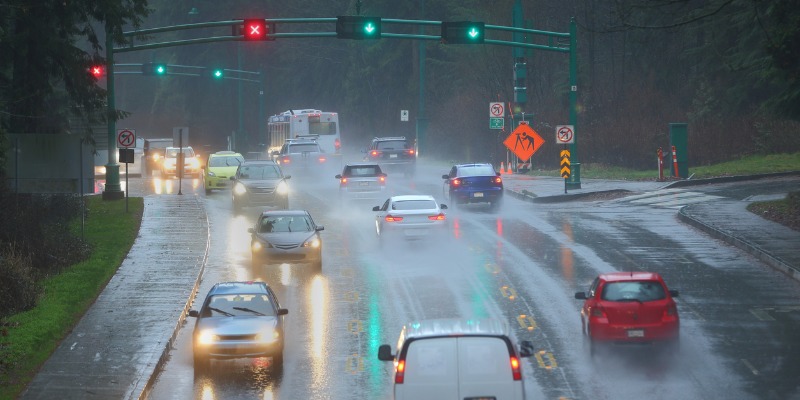Road tolls in Vancouver—a great idea if done right

Vancouver City Council recently voted in favour of “mobility pricing,” which is another way of saying user fees for drivers. City staff will now study the idea of charging tolls for cars entering and leaving the core of Vancouver.
While road tolls and other forms of mobility pricing are excellent ways to manage traffic congestion, they come with potential costs to businesses. And city hall may be tempted to use road tolls as revenue tools to fund other spending. That would be a mistake. Instead, council should find a way to make mobility pricing “revenue neutral”—that is, so there’s no change in the amount of revenue coming into city hall coffers.
Mobility pricing is a well-studied issue. Traffic congestion in major cities is virtually inevitable without direct road-pricing for the same reason free money doesn’t linger on the sidewalk—if it’s free, someone will take it, whether it’s a 10-dollar bill or a lane of traffic. If there isn’t a price on using a particular road at a particular time, people will treat it like it’s free. The fact that they pay gas taxes, vehicle registration fees and so on does not change the psychology of “free” roads.
The economics of road-pricing are illustrated by a U.S. study (The Fundamental Law of Road Congestion), which found that vehicle kilometres travelled in U.S. cities increase proportionately to interstate highway kilometres. In other words, a one per cent increase in kilometres of highway leads to a one per cent increase in road use. Traffic congestion stays the same.
Notably, the study authors also find that public transportation does not impact vehicle kilometres travelled. This leaves road-pricing as the only viable option for mitigating traffic congestion, unless travel patterns fundamentally change post-COVID (say, if telecommuting becomes the widespread norm).
Of course, the byproduct of mobility pricing is government revenue. While there are many things governments can do with mobility pricing money, it seems likely that politicians would want to spend it on their own priorities. This could potentially undermine the viability of mobility pricing. After all, the main point of mobility pricing is to limit the amount of vehicle traffic on the road at any given time. While some people will carpool or take public transportation when faced with road tolls, some will simply forego trips. This could hurt some businesses in Vancouver. So it would be a mistake for city hall to treat this new revenue from mobility pricing as free money.
Instead, Vancouver Mayor Kennedy Stewart and city council should use the new revenue to reduce commercial and industrial property taxes, which are more than three times the rate of residential property taxes. That would help offset potential harm to businesses in the city. And while not the most politically attractive use of money, it would address one of the primary downsides of road-pricing.
This is particularly important given that the Greater Vancouver Area has more than just one municipality. Businesses can pull-up stakes and move to Burnaby or Surrey if Vancouver becomes too expensive or inconvenient. Crucially, introducing mobility pricing will help Vancouver businesses remain competitive. Of course, a regional mobility pricing plan could alleviate some of these concerns. But regional efforts have gone nowhere.
Clearly, mobility pricing would help the City of Vancouver tackle traffic congestion. But it would come with costs to some businesses. Using the revenue to offset those costs would be a win-win for the city.
Author:
Subscribe to the Fraser Institute
Get the latest news from the Fraser Institute on the latest research studies, news and events.

